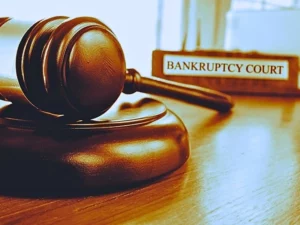What Property Do You Lose if You File Bankruptcy?
Once a debtor files bankruptcy under Chapter 7, he or she may lose non-exempt property. Non-exempt property refers to assets that the trustee designated to a case by a bankruptcy court can seize and sell. The trustee then uses the money generated from the sale to pay off some or all of the creditors who have lodged a claim. Non-exempt property usually includes a newer model car, a secondary house or residential property, valuable artwork, a precious coin or stamp, pricey clothing, and jewelry.
A debtor planning to file bankruptcy in Las Vegas, Nevada, must complete the compulsory courses. These mandatory courses offer the debtor with in-depth debtor education as well as credit counseling. A Las Vegas bankruptcy attorney can help a debtor understand why this requirement is important and compulsory.
Retaining Property Leveraging Bankruptcy Exemptions
Chapter 7 bankruptcy permits a filer to keep things that he or she will require to maintain a home and source of income. These things are called exempt property and include household furnishings, everyday clothing, retirement accounts, tools needed for work, and a modest primary car. Exempt property essentially comprises things a bankruptcy filer requires to live or work.
The Fate of Nonexempt Property in a Bankruptcy Case
A variety of federal and state laws determine exempt and nonexempt property. These laws can vary extensively and, as a result, some states permit a debtor to decide whether to utilize the federal or state exemption system in his or her bankruptcy case.
If a debtor has nonexempt property in a bankruptcy case, his or her creditors will lodge a claim against the property to obtain an allocation from the bankruptcy estate. The trustee will seize the property, sell it, and share the earnings among the creditors who have lodged a claim.
Alternatives to Declaring Bankruptcy under Chapter 7
A debtor might consider selling assets on his or her own and using the proceeds to settle debts. Although this option takes time and effort, it enables the debtor to keep a bankruptcy out of his or her credit report.
A debtor who has a stable income and can pay off creditors within three to five years using his or her disposable income may file for Chapter 13 bankruptcy. A debtor filing for this kind of bankruptcy should work closely with a credit counselor to help him or her come up with a payment plan.





